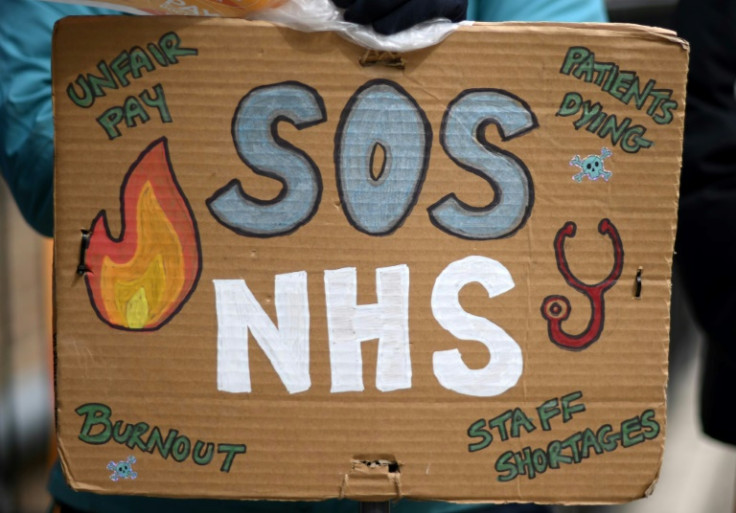NHS Plan Historic Double Strike As Workers Continue Call For Better Wages And Fairer Work Hours
After several NHS workers rejected the governments pay rise offer, the industrial strike action has reached new levels.

For the first time in the history of the NHS, consultants and junior doctors will be collaborating in a joint strike.
Yesterday at 7:00 a.m. (GMT), on Monday 18 September, a team of NHS consultants across the UK staged a walkout. Their strike had previously been arranged through the British Medical Association and is expected to last two days.
On Wednesday 20th September, a group of junior doctors will be joining them. The junior doctors, who are expected to be a team of 22 to 25-year-olds, are set to strike for three days.
While plans have been made to maintain a certain number of staff working on emergency care cases, a number of NHS bosses have noted that some patients will be endangered.
The strikes, once again, mark a call for better wages and fairer work hours for NHS staff.
In June earlier this year, the government made a controversial attempt to end the dispute between themselves and NHS workers. The Conservative government offered an increase in staff wages, but their pay rise was met with rejection.
Many NHS workers criticised the government for repeatedly failing to meet their demands.
A Representative of the Royal College of Nursing who has made his presence known in several NHS strikes across the UK, John Considine, told me: "No nurse standing here today wants to be on strike, they have been pushed to do this by the Government. We have been very clear, and our message is so simple."
For those seeking urgent care, the medical service has advised that they use the standard Accident and Emergency (A&E) units or call 999.
For people who have other health concerns, the usual 111 or GP services have been recommended.
For the first time in NHS history, junior doctors and consultants will coordinate strike action tomorrow.
— Just Treatment 💊 (@JustTreatment) September 19, 2023
Patients are behind you✊⬇️#FixConsultantsPay #PayRestoration pic.twitter.com/FC4Pmiuz3W
Reports note that despite GP services being available to those in need, there may be some disruptions and gaps in the workplace. This is due to some junior doctors working as GP trainees.
The number of NHS staff members who will be working on the overlapping strike dates is equivalent to the levels of staffing on Christmas day.
The industrial action across the NHS was spearheaded in December 2022, following the lack of gratitude shown by the government in salaries.
While dealing with the COVID-19 pandemic that dominated the UK in 2020 and 2021, statistics show that the work of the NHS allowed 1.3 million patients to receive non-COVID care in January 2021 alone.
An NHS report acknowledges that there was also a peak of COVID-19 cases in that same winter period.
According to another NHS report, so far, the industrial strike action "has seen more than 885,000 inpatient and outpatient appointments rescheduled".
The mass disruptions have also been caused by other staff groups striking for better pay and working conditions, including nurses, radiographers and ambulance workers.
Despite the pay increase being rejected by several NHS staff members, the Secretary of State for Health and Social Care Steve Barclay said that this year's offer was "final and fair".
Depending on their levels of qualification, the government offered consultants an average 8.8 per cent increase and junior doctors are being given a six per cent wage increase.
The national medical director of the NHS, Sir Stephen Powis, said: "The NHS has simply never seen this kind of industrial action in its history. This week's first-ever joint action means almost all planned care will come to a stop, and hundreds of thousands of appointments will be postponed, which is incredibly difficult for patients and their families, and poses an enormous challenge for colleagues across the NHS."
The NHS has also warned that both groups are set to strike again on the 2nd, 3rd, and 4th of October. Again, a Christmas Day cover will be provided.
© Copyright IBTimes 2025. All rights reserved.






















